Cairo, 1 Rajab 1436/20 April 2015 (MINA) – The Muslim Brotherhood supreme guide, Mohamed Badie, on Sunday appeared at a court in Egyptian capital Cairo in a red-colored garb which is usually worn by inmates handed death sentences for the first time since he was handed the sentence earlier this month.
He described the death sentence against him and also his involvement in a staggering 43 trials as a “form of grave injustice.”
“I plead to God first and then to the court that justice be served,” Badie told the court judge, Middle East Monitor (MEMO) quoted by Mi’raj Islamic News Agency (MINA) as reporting.
Badie and 107 other defendants stand trial on charges of murdering 40 people, including two policemen, during an attack on a prison in the northeastern city of Port Said in 2013.
Also Read: Syria, Jordan Condemn Netanyahu’s Visit to Occupied Syrian Buffer Zone
The alleged attack dates back to January of 2013 when hundreds of Port Said residents angered by death sentences handed their relatives for their alleged roles in killing dozens of soccer fans in 2012 attacked the prison.
Earlier in April, an Egyptian court sentenced 14 people, including Badie, the Muslim Brotherhood’s top leader, to death on an array of violence-related charges.
The court also slapped 25 defendants, including Egyptian-American activist Mohamed Sultan, with life sentences each on charges of forming what came to be known as the “Rabaa Operations Room” during a sit-in in support of ousted President Mohamed Morsi in the summer of 2013.
The defendants were accused of “masterminding a plot to sow chaos and storm and set police stations, state institutions, public and private properties and churches on fire.”
Also Read: UNIFIL Reports Over 7,300 Israeli Violations of Lebanese Airspace Since Ceasefire
Prosecutors also accused the defendants of “coordinating with e-committees to disseminate doctored images of people killed and wounded protesters.” The verdicts are still subject to appeal.
Hundreds of people were killed when security forces violently dispersed two pro-Morsi sit-ins in Cairo in August 2013.
The dispersal came only a few weeks after Morsi, Egypt’s first freely elected leader, was forcibly removed from office by the army following massive opposition demonstrations against his one-year presidency. (T/P002/R03)
Mi’raj Islamic News Agency (MINA)
Also Read: Russia Condemns UN Gaza Resolution, Says It Contradicts Palestinian Statehood
Also Read: Israeli Airstrike on Palestinian Refugee Camp in Lebanon Kills 13





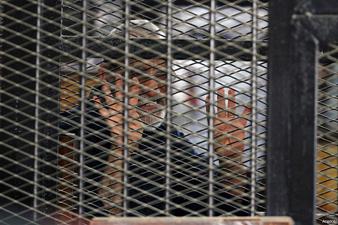




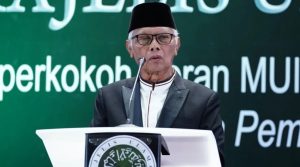
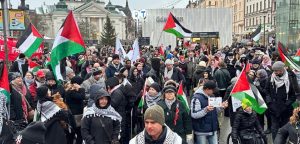
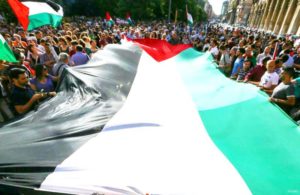


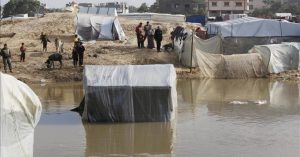

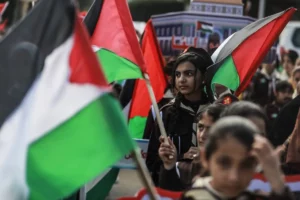

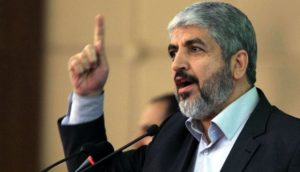














 Mina Indonesia
Mina Indonesia Mina Arabic
Mina Arabic